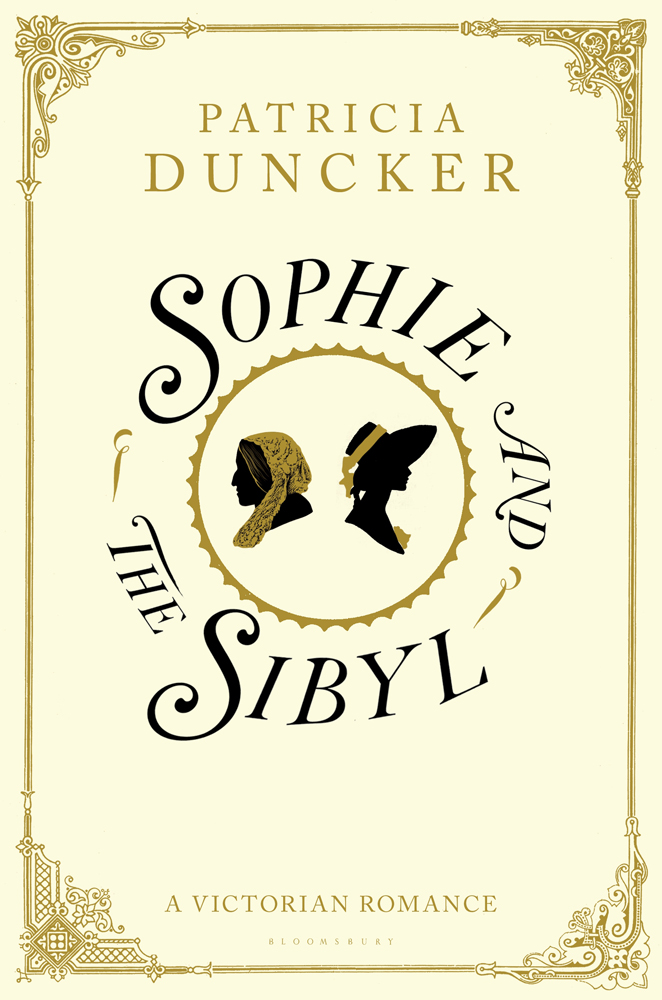
Sophie and the Sibyl
A Victorian Romance
کتاب های مرتبط
- اطلاعات
- نقد و بررسی
- دیدگاه کاربران
نقد و بررسی

June 15, 2015
Scandalous novelist George Eliot throws 1870s Berlin society into a tizzy in Duncker's (The Strange Case of the Composer and His Judge, 2010, etc.) Victorian roman a clef. Feckless Max Duncker (not a coincidental surname) is assigned by his older brother and publishing partner to get the pseudonymous Middlemarch author (referred to by the authorial Duncker only as "Mrs. Lewes" or "the Sybil") to sign their contract. Simultaneously, the elder Duncker is arranging a marriage between rakish Max and the young countess Sophie von Hahn, who is rich, spirited, and a die-hard Eliot fangirl. During negotiations, the Sybil accidentally seduces Max through her relentless pedantry about the Roman writer Lucian. Between visits to her parlor, he slouches through the pleasure city of Homburg, Berlin salons, and the German forests in set pieces that put the author's deep knowledge of 19th-century society to good use. Sophie resents the restrictions of her class and gender, but when her beloved, bejowled author meddles in her engagement, she becomes enraged by the Sibyl's influence on Max. This love triangle relies on the reader being convinced of two things: Max and Sophie's love for each other and men's magnetic attraction to the Sibyl. Unfortunately, Duncker tends to declare emotional truths without shoring them up, such as the very pinnacle of Max and the Sibyl's intimacy: "Something intangible in her company lifted him up from the swamps of his own selfishness. He vowed he would never visit a prostitute or gamble at the tables again." Additionally, if the reader does not share Duncker's fascination with the moralizing writer, the narrator's frequent interruptions of the period piece with commentary and scholarly analysis become tedious. Duncker gets the high melodrama and pedagogy of a Victorian novel right but does not achieve the contemporary distance that has made other neo-Victorian tales so delectable.
COPYRIGHT(2015) Kirkus Reviews, ALL RIGHTS RESERVED.

Starred review from April 15, 2015
This witty novel could wear a number of labels--neo-Victorian, postmodern, literary, romantic--but ultimately, it's highly enjoyable historical fiction, playfully blending actual and fictional characters while offering an erudite commentary on 19th-century European arts and letters. The eponymous Sibyl is none other than George Eliot, who manages to interfere in the romance and subsequent marriage between the fictional Maximilian Duncker, younger brother in the German publishing firm translating her works, and the beautiful young Countess Sophie von Hahn. We're led to believe that Sophie became the model for the heroine in Eliot's last novel, Daniel Deronda. But while most Victorian heroines, including Eliot's, are thwarted in their ambitions, the lovely Sophie has it all: she is rich, brilliant, headstrong, lucky at roulette, and a devoted mother. VERDICT The story is rich with sophisticated historical and artistic allusions, and the prose is as chewy-tasting as a fine Cabernet. Duncker (The Strange Case of the Composer and His Judge) has created a delightfully memorable character in Countess Sophie, who is more than mere foil to the wily Eliot. But the reader doesn't need to be a literary scholar to fully appreciate this tale, as the Victorian-style omniscient narrator guides the way.--Reba Leiding, emeritus, James Madison Univ. Lib., Harrisonburg, VA
Copyright 2015 Library Journal, LLC Used with permission.

May 1, 2015
The famous novelist George Eliot is in Germany with her lover, George Henry Lewes, finishing up the final sections of Middlemarch. The Berlin publishing house Duncker und Duncker is eager to secure the continental reprint and translation rights, and older brother Wolfgang Duncker sends younger brother Max to close the deal. Charming Max is sowing his wild oats, but he quickly falls under the spell of Eliot's potent intellect, following her from one German town to another and listening to her pronouncements on religion, evolution, morality, and more. Max has another task to perform. He is expected to propose to his childhood sweetheart, the vivacious Countess Sophie von Hahn, though he finds her high spirits unnerving. Like Eliot, author Duncker is very much the omniscient narrator, digressing into topics ranging from the work of John Fowles to Victorian bathing cures. She also drops in several characters from Eliot's work-in-progress at the time, Daniel Deronda, for which Sophie provides a model. Knowledgeable George Eliot readers, in particular, will have fun with this clever literary exercise.(Reprinted with permission of Booklist, copyright 2015, American Library Association.)

























دیدگاه کاربران